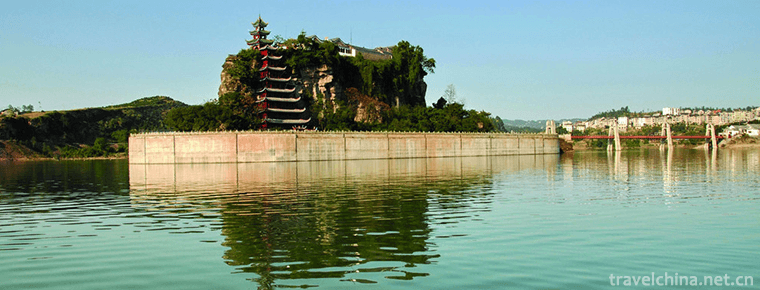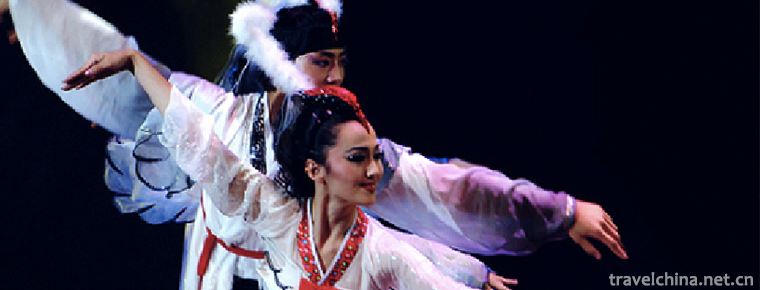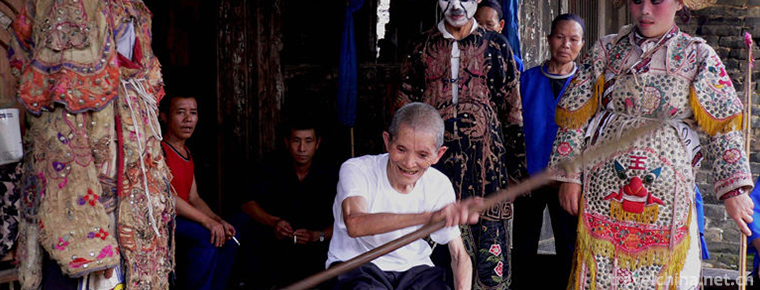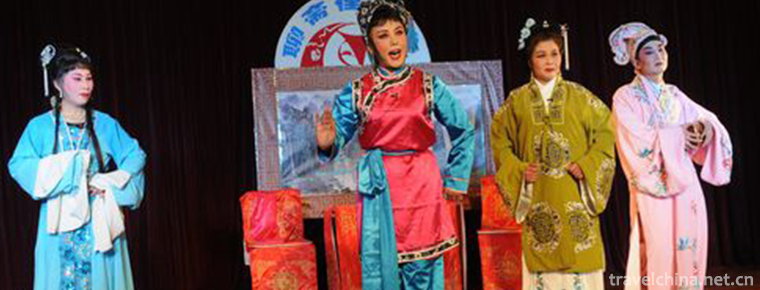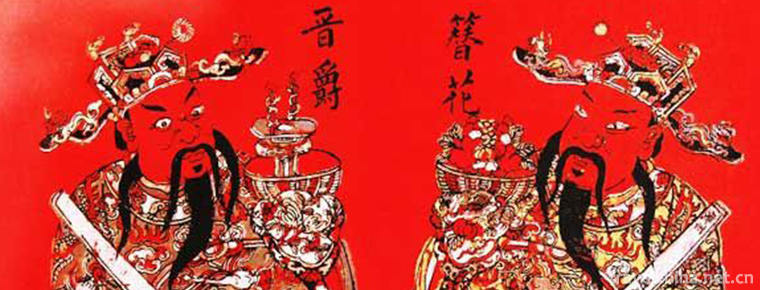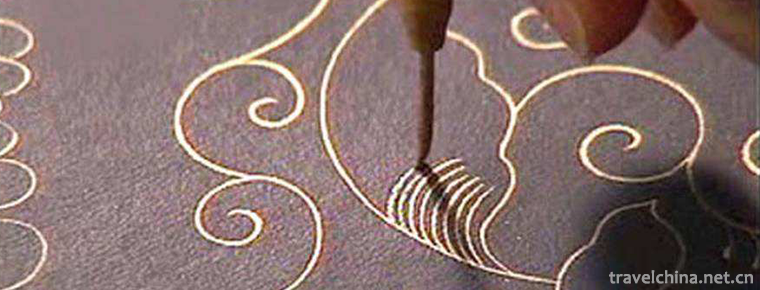Guan Suo Opera
Guan Suo Opera
Guansuo Opera is a kind of local opera, which belongs to the ancient Nuo Opera. It is only found in Xiaotun Village, Yangzong Town, Chengjiang County, Yunnan Province. It still retains its primitive appearance in the form of performance. When performing, it usually wears a mask while singing and dancing, and has the legacy of entertaining gods and singing and dancing. At the beginning of the performance, sacrifices should be held to worship the temple of King Yue. Special performance of the Three Kingdoms story, spread to the present generation, Dan, Jing three types of masks a total of 20.
On May 23, 2011, the Guansuo Opera declared by Chengjiang County of Yunnan Province was listed in the third batch of national intangible cultural heritage list with the approval of the State Council.
Traditional drama
Xiaotuncun's Guansuo Opera often sings more than 20 repertoires, such as "Ancient City Club", "Battle Changsha", "Changbanpo", "Cutting Six General through Five Passes", "Three Invitations to Kong Ming", "Three Wars Lubu", "Closing Zhou Cang", "Night Warhorse Chao", "Huaguan Soldier Three Ladies" and so on.
The length of the play varies from 30 minutes to 3 hours.
artistic characteristics
The Guan Opera, which is popular in Xiaotun Village, Yangzong County, Chengjiang County, belongs to the category of ancient Nuo Opera in Yuxi area. At the beginning, Nuo dance was introduced to the palace in the Northern Song Dynasty, which was used to drive away evil spirits and epidemics. Only then did it gradually develop from Nuo dance to the form of small drama expressing the plot of the story. It has gradually developed into an ancient and unique drama that entertains both gods and people. Why Chengjiang's Nuo Opera was named after Shuhan General according to legend has no literature to verify.
The performances of Guansuo Opera are characterized by no stage, no makeup, no limitation of time and place, wearing masks (face), clothes and weapons. There are three lines of business: life, Dan and net, and most of them are net actors. The roles are distinguished by masks and costumes. The performance was accompanied by no strings and all drums (irregular) were used to point out the ups and downs. Generally speaking, the troop or horse boy comes on the stage first. After saying the situation, he starts all kinds of rolling and rolling to attract the audience. Then, in the performance, he talks and sings, sings and beats. There is no fixed formula (or inheritance is not complete), and the actors can play freely.
The voice of Guansuo Opera is quite complex, accompanied by chord-less accompaniment and mixed singing. Some say that it originated from Gaoqiang, but from the analysis of some tunes, it is also a mixture of local folk song minor tunes and the melody of chanting Buddha and sutras, and more obvious is to absorb the tune of Yunnan Opera. There is no fixed pattern, the singer is not limited by the rhythm of the range, even if the same tune, everyone sings differently.
Guan Suo's opera was performed at the New Year's Festival. During the performance, there was a set of rituals throughout. Such as sacrificing the king of medicine and practicing martial arts before the annual performance. Starting from the first day of the first lunar month, the first program will be "Point General" at the beginning of each performance. After the performance on that day, the God of worship will be performed. After the completion of all performances on the sixteenth day of the first lunar month, the King of Filling Box and Drug Delivery will have their fixed requirements after the procedure.
Inheritance and protection
In 2010, the Guansuo Opera in Chengjiang County, Yunnan Province, was selected as the third batch of national intangible cultural heritage, the category of traditional drama projects, serial number 12.
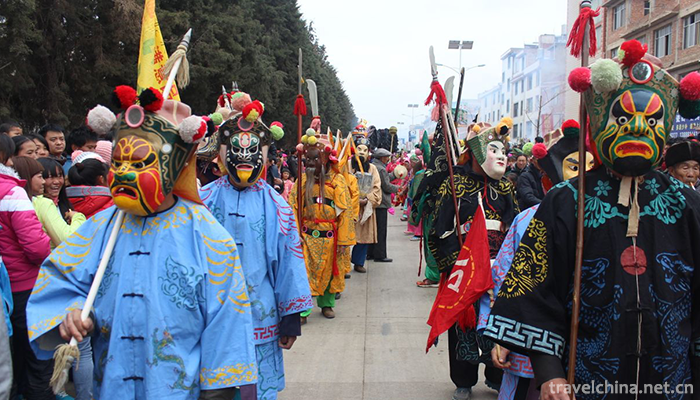
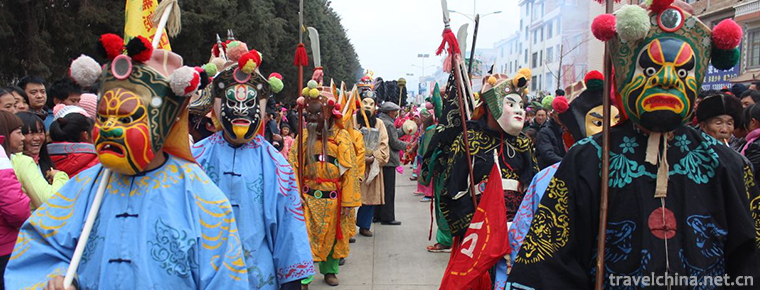
Guan Suo Opera
-
Qianwei ecological village
Qianwei Village is located in the middle of Chongming Island, 23 kilometers away from Nanmen Port, close to Dongping Forest Park. Once a desolate and silent village, now it has both urban scenery and
Views: 310 Time 2018-12-26 -
Shi Bao Village
Shibaozhai, a national AAAA-level tourist attraction, a national key cultural relic protection unit, is one of the 30 best new tourist landscapes in the Three Gorges of the Yangtze River,
Views: 117 Time 2019-02-08 -
Wuzhizhou Island Scenic Area
Wuzhizhou Island is situated in Haitangwan Bay in the north of Sanya City. It is opposite to Monkey Island in the South and is adjacent to Yalong Bay
Views: 395 Time 2019-02-24 -
Korean Crane Dance
Crane Dance of the Korean Nationality has a long history and is a unique dance performance form of the Korean Nationality in China. It has the national characteristics and the value of artistic resear
Views: 213 Time 2019-04-16 -
Dong Opera
Dong Opera, one of the national intangible cultural heritage, is a local traditional drama in Liping County, Guizhou Province, Tongtong Dong Autonomous County, Hunan Province and Sanjiang Dong Autonom
Views: 230 Time 2019-04-27 -
Liao Zhais folk songs
The spreading area of Liaozhai slang mainly distributes in Zibo City, Shandong Province. The Pu family and its descendants are the main inheritors. Liaozhai slang is a unique traditional folk music li
Views: 218 Time 2019-05-13 -
Zhangzhou Woodblock New Year Picture
Zhangzhou woodcut New Year pictures belong to folk art, which began in the Song Dynasty and flourished in the Ming and Qing Dynasties. The contents of the New Year pictures are mainly two categories:
Views: 160 Time 2019-07-25 -
Paper Paper Paper Processing Techniques
Traditional processing paper is to make raw paper into processing paper by dyeing, sizing, powder filling, waxing, mounting, spraying gold, leveling, watermarking, painting and other processes, in ord
Views: 286 Time 2019-07-25 -
Guangyuan tertiary industry
In 2018, the total social fixed asset investment in Guangyuan was 67.221 billion yuan, an increase of 14.1% in the same caliber. Among them, investment in fixed assets was 64.721 billion yuan, an increase of 16.4%.
Views: 329 Time 2020-12-15 -
Leshan social service
By the end of 2018, there were 13 social welfare homes in Leshan City with 2908 beds and 2182 people in the hospital. The sales of social welfare lottery tickets totaled 385.69 million yuan, raised 109.75 million yuan of welfare lottery public welfare fund,
Views: 176 Time 2020-12-17 -
History and culture of Yibin
Yibin has 34 world-class, national and provincial scenic spots and 58 national and provincial key cultural relics protection units. Among them, there are seven cave cliff tombs (Eastern Han Dynasty), Jiuzhou tower (Song Dynasty), Daguanlou (Qing Dynasty), etc.
Views: 396 Time 2020-12-18 -
Dazhou Sports
By the end of 2019, Dazhou city has a total of 9 stadiums and stadiums, sports lottery revenue of 242 million yuan, and 694 new sports fitness projects for farmers.
Views: 361 Time 2020-12-20

